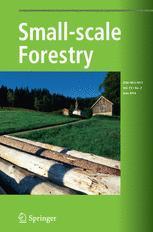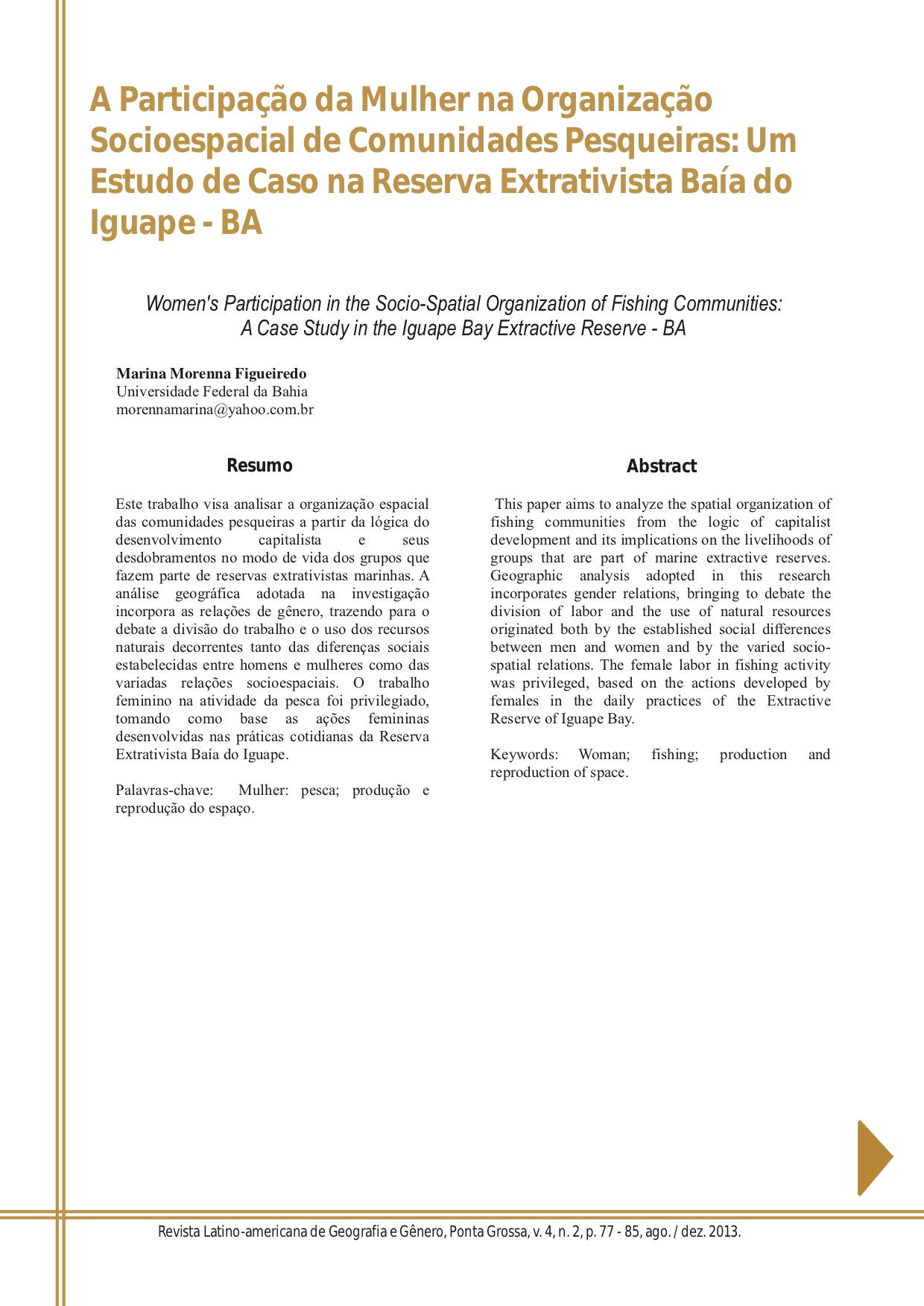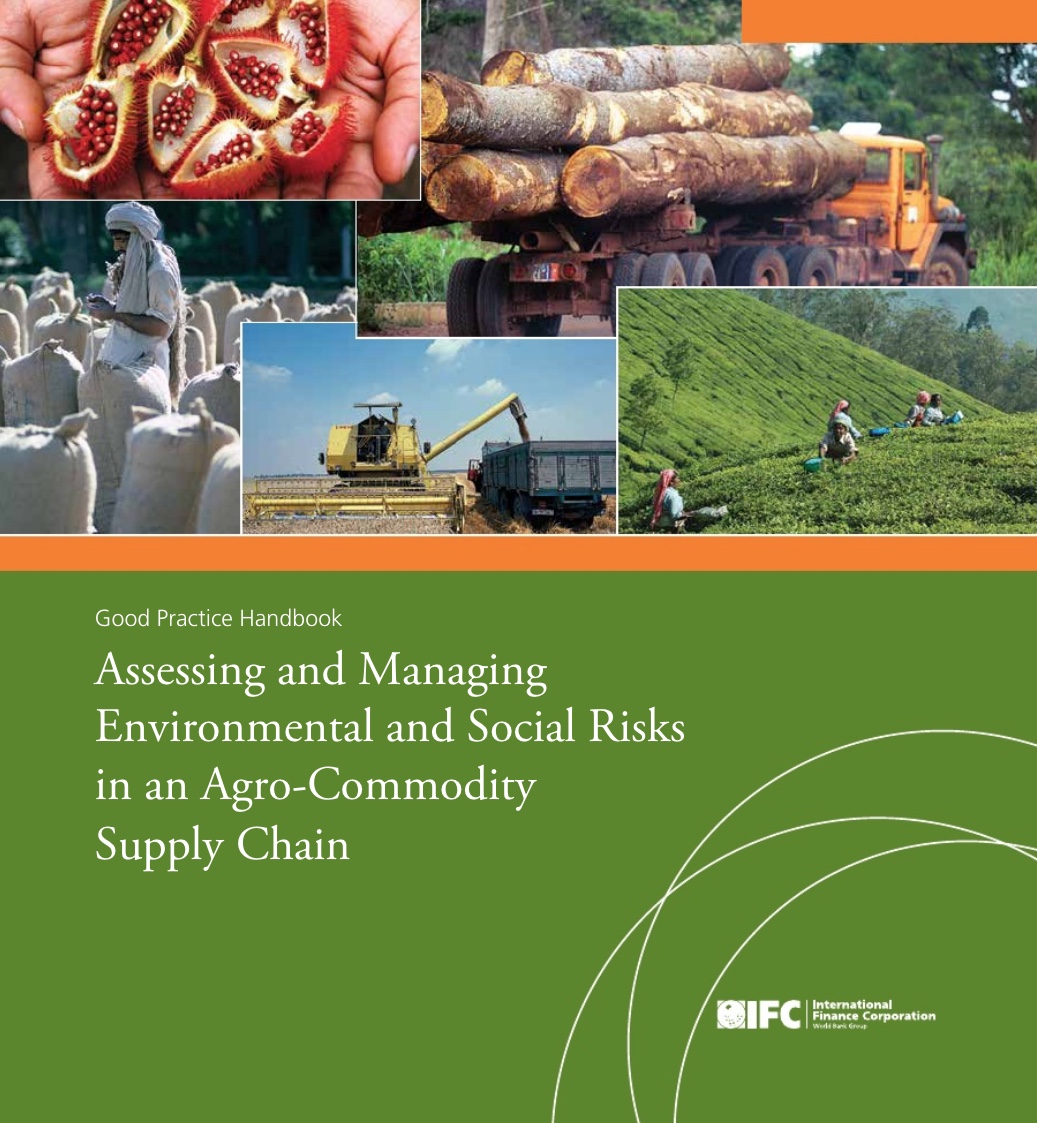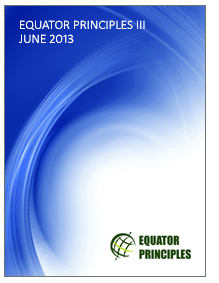Increasing tree cover in degrading landscapes: integration and Intensification of smallholder forest culture in the Alutilla Valley, Matiranga, Bangladesh
Research was conducted in Alutilla Valley in eastern Bangladesh to identify the nature of existing agroforestry systems and to identify potential agroforestry models that could ameliorate currently degrading forest resources Data were collected through farmer participatory research and a structured quarterly survey in two villages. Qualitative and supplementary quantitative analysis methods were used to assess the financial potential of agroforestry systems.







